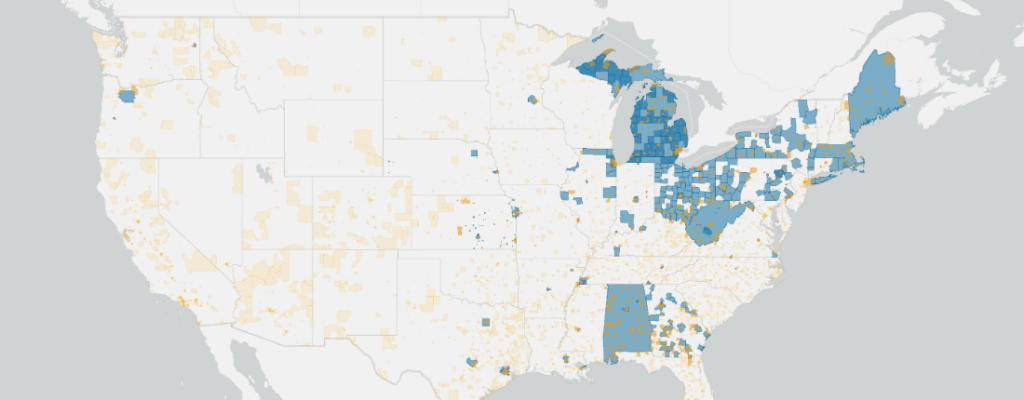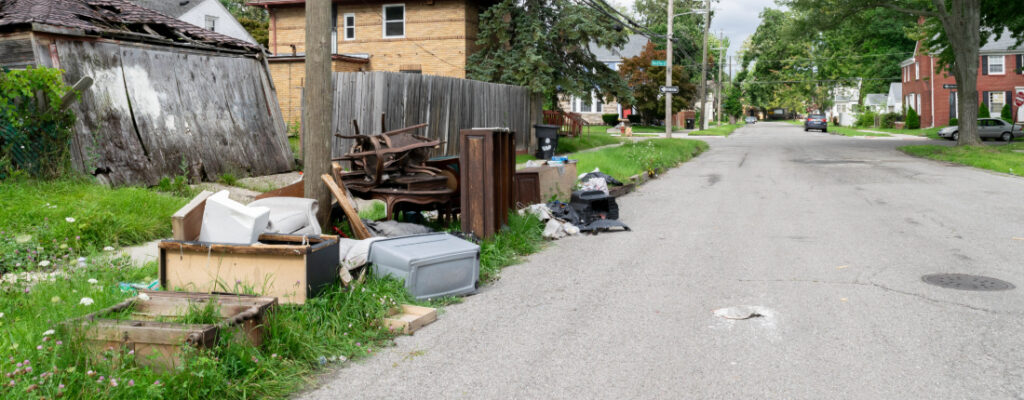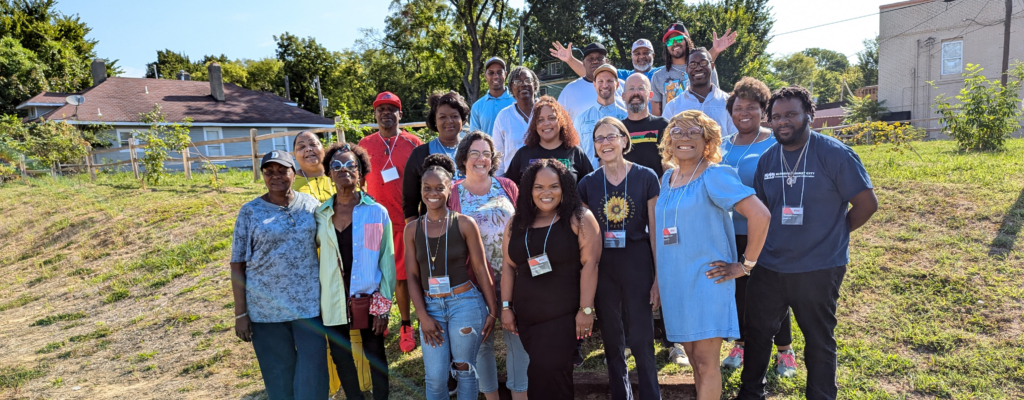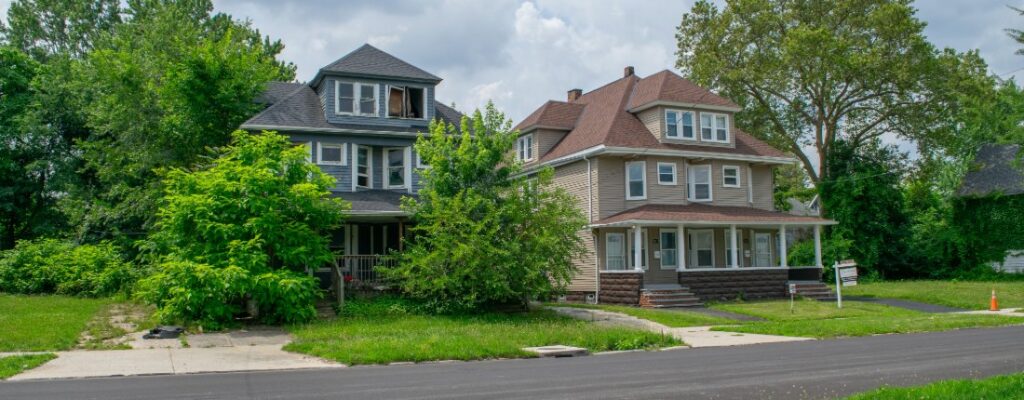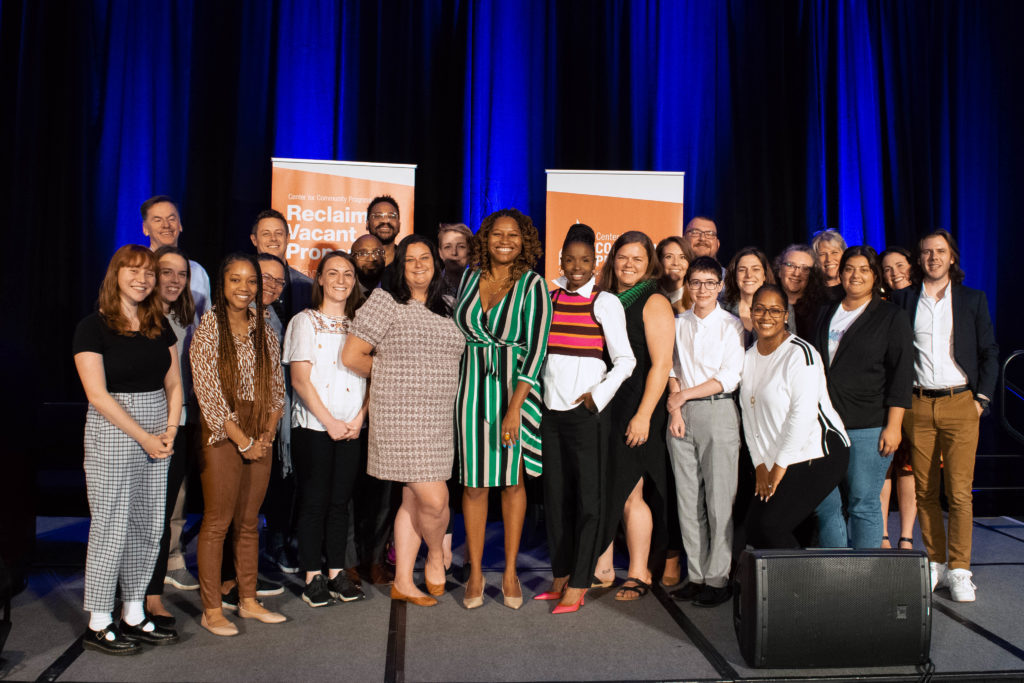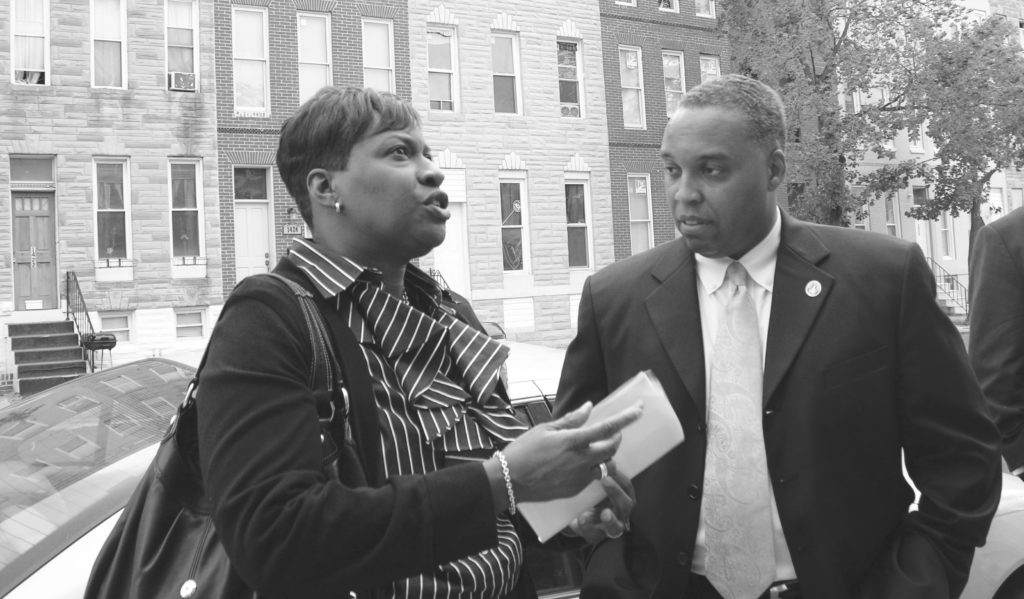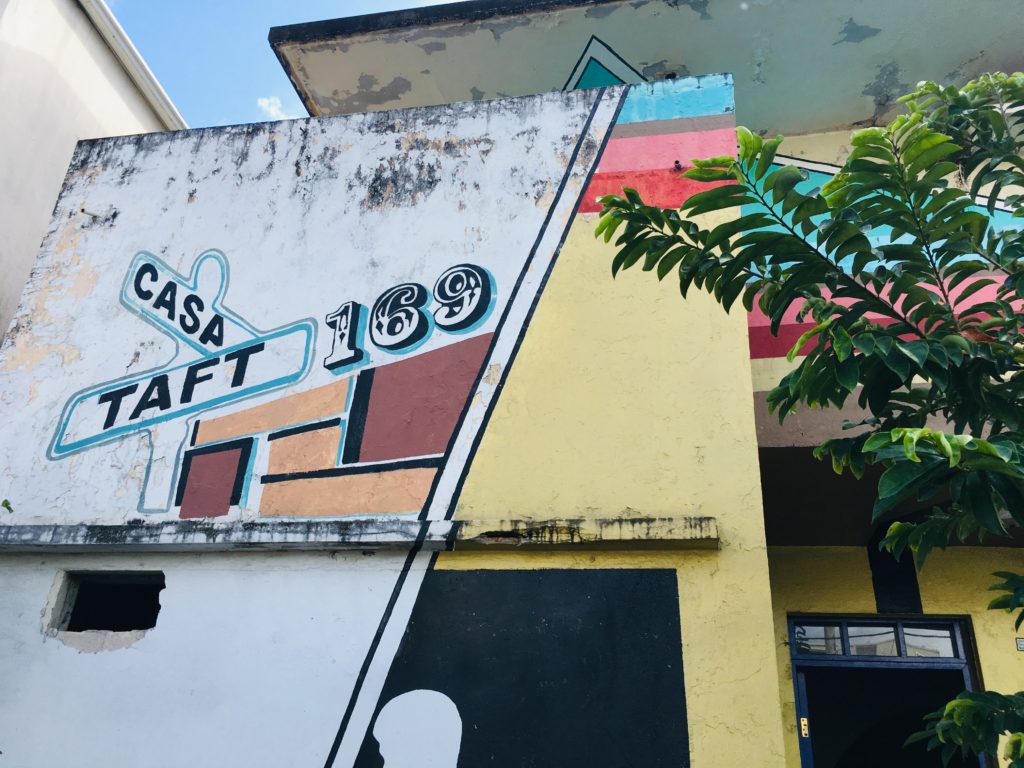Posts by Maria Elkin
How Opportunity Zones 2.0 Can Leverage Existing Vacant Property Inventories
Ideas for Opportunity Zones 2.0 to leverage existing vacant properties in distressed communities, with land bank support.
Read MoreTo Prevent Illegal Dumping, You Have to Know the Scale of the Problem
How to conduct a neighborhood survey to assess the scale of illegal dumping and prioritize city resources for cleanup and prevention.
Read MoreMeet the 2024-25 Cohort of Community Revitalization Fellows
Grassroots community leaders from Lafayette, Memphis, and Rochester share their stories and motivations for community revitalization.
Read MoreWhy Land Banks Matter
For neighborhoods burdened by systemic disinvestment; vacant, abandoned, and deteriorated properties often become symbols of neglect. They pose social, economic, health, and environmental hazards to communities and residents. Addressing these properties requires intervention at multiple points and systems—and one powerful tool many communities use to address vacancy and promote equitable development is the land bank.…
Read MoreThat’s a Wrap on RVP 2024!
This month, we were excited to put another Reclaiming Vacant Properties Conference (RVP) on the books. Our 2024 conference brought 900 people from across the country to St. Louis for three days of learning, exploration, and even dance! Day 1: The Service Project and Welcome Ceremony Every RVP, Community Progress works with a local nonprofit…
Read MoreRVP 2024: Philanthropy and Community Revitalization
With the 2024 Reclaiming Vacant Properties Conference (RVP) kicking off in St. Louis this week, Community Progress took a moment to ask three of our top sponsors—JPMorganChase, Missouri Foundation for Health, and Wells Fargo Foundation—what they were looking forward to at the event, and how philanthropy plays a critical role in supporting community revitalization. Responses…
Read MoreWhat does equitable code enforcement look like? How Louisville is taking steps to use its code enforcement process to advance racial equity
With technical assistance support from Community Progress, Louisville is reforming their housing and building code enforcement with equity in mind.
Read MoreA Message from President and CEO Akilah Watkins
Dear friends and supporters of the Center for Community Progress, With great sadness and great gratitude, I announce that I will be departing from the Center for Community Progress at the end of 2022, to assume the role of President and CEO of Independent Sector. Over these last five years leading Community Progress, I have…
Read MorePublication: Championing Leaders of Color
Download the Full Report Community development unites people to take collective action to build stronger, more resilient places to live. Its roots are embedded in the backyards, living rooms, and church halls of people who, out of sheer will and perseverance, found ways to advocate for change in their neighborhoods. Over time, though, the field…
Read MoreThe Unique Challenge of Vacancy and Abandonment in Puerto Rico
This is an excerpt of Chapter 4 of Tackling Vacancy and Abandonment: Strategies and Impacts After the Great Recession, jointly produced by the Center for Community Progress, the Federal Reserve Bank of Atlanta, and the Federal Reserve Bank of Cleveland. It has been lightly edited and condensed for the web. In this chapter, Ivís Garcia…
Read More
